All Of Our Splitters Are Able To Be Towed Safely At Highway Speeds
Tips for Buying the Right Firewood Processor
You need a reliable firewood processor to make your winter more bearable. But with so many different options out there, it's hard to know which one will best suit your needs. That's why we put together this list of tips for buying the right firewood processor.
1. Know Your Species
Different species of wood require different amounts of energy to process. The most common woods used for firewood are oak, maple, birch, cherry, and apple. Depending on the type you're working with, the amount of energy needed can vary greatly. Oak is among the most difficult to process because it has a high fiber content that can cause jams in an underpowered processor. On the other hand, hardwoods like maple and birch need extra cutting power to chip into smaller pieces effectively.
2. Splitting Force
Splitting force is the most important factor when picking a firewood processor. It measures the amount of energy required to split logs and, consequently, the speed at which you can complete your work. The higher the number on the scale, the more force is being applied. For example, a firewood processor with a 25-ton splitting force can split larger logs in a single pass, whereas a 10-ton machine requires three or four passes.
3. Log Size
If you plan on processing large logs regularly in your firewood processors, look for one that can accommodate them as well as smaller chunks, at a minimum of 18" in diameter. Some machines also come with optional extensions to accommodate larger logs, which can be useful if you have the storage space to accommodate them.
4. Know What Features You Want
The features a firewood processor comes with will ultimately determine its effectiveness as well as longevity. If you plan on processing large volumes of wood, you'll need a more powerful unit. Likewise, if you want to split logs into smaller chunks for easier handling or transportation, your processor will need the correct attachments.
5. Size and Style Are Important
When shopping for a firewood processor, remember that bigger isn't necessarily better, it depends on what you'll be processing. If you're only going to be working with smaller logs, look for a unit that can accommodate them without taking up too much storage space.
6. It Should Be Easy to Startup
Starting your firewood processors should be as simple as turning on the key switch, not too complicated but not impossible either. And don't forget about safety -- it shouldn't be too heavy or awkward to move around, and it should come with a breakaway chain that will keep you safe in case of entanglement.
7. Automatic Chain Oiler
If you're going to be continuously processing wood, it's a good idea to have firewood processors with an automatic chain oiler that will keep the moving parts lubricated. This reduces the risk of jamming and premature wear on your unit, saving money in the long run.
8. Look for Well-Known Manufacturers
The last thing you want is to be stuck with a faulty product that doesn't work at all, or worse yet, gets damaged in the first few uses. Buy from reputable brands like Brute Force, and you can rest assured that your firewood processor is of good quality and backed by customer support if you ever need help with repairs or replacements.
9. Warranty
The length of a warranty is important because it can affect the amount of money you spend on repairs over time. The longer your machine is covered by a warranty, the better chance you have that it will hold up to continuous use and not require costly repairs or even an early replacement. Try and get a firewood processor with at least 3 years warranty.
Brute Force is a trusted name in the firewood processor industry. We have been manufacturing high-quality firewood processors and commercial log splitters for 23 years. We are experts in our field and will be glad to answer any questions you may have about firewood processing equipment, as well as guide you through your selection of the best products for your needs.


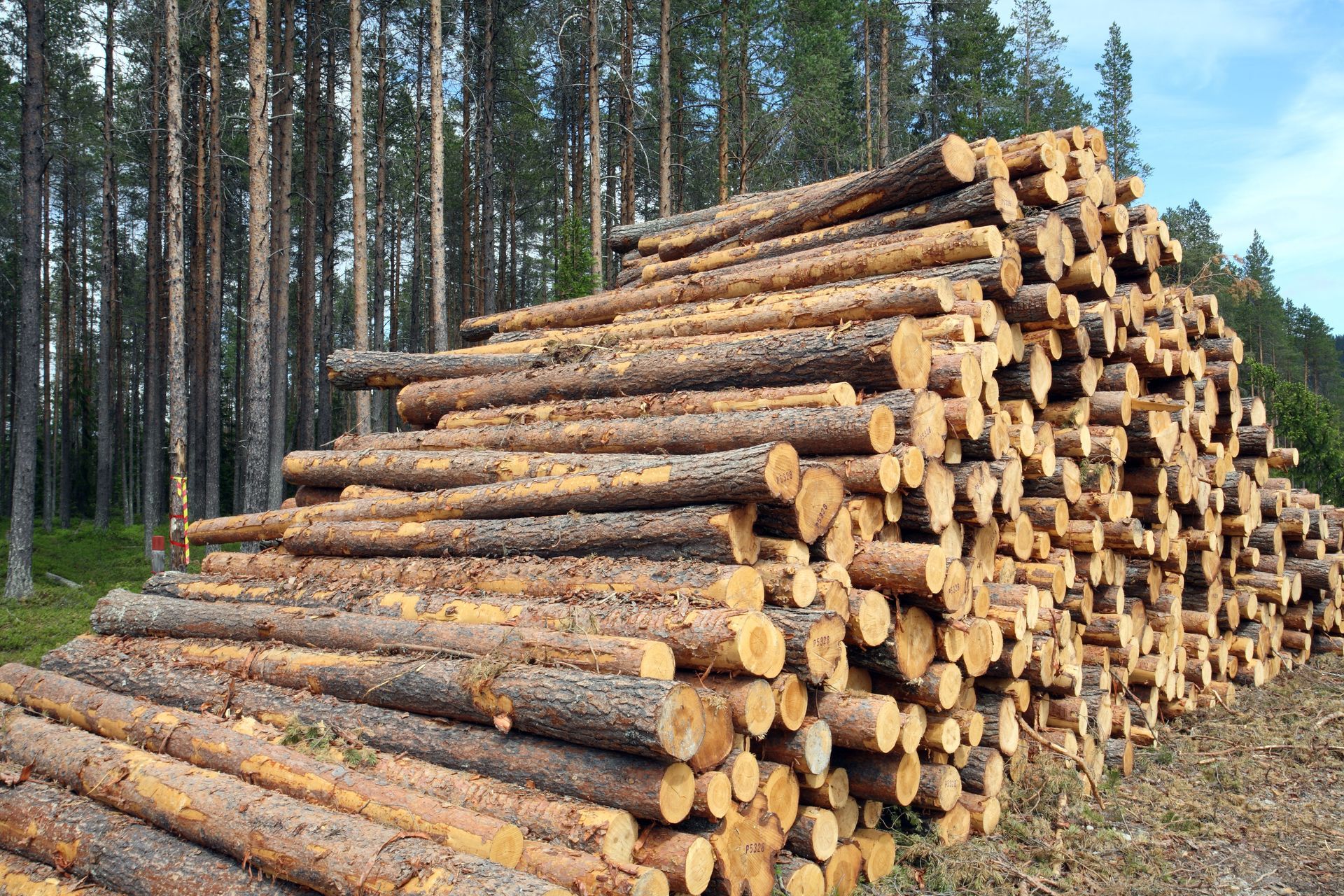
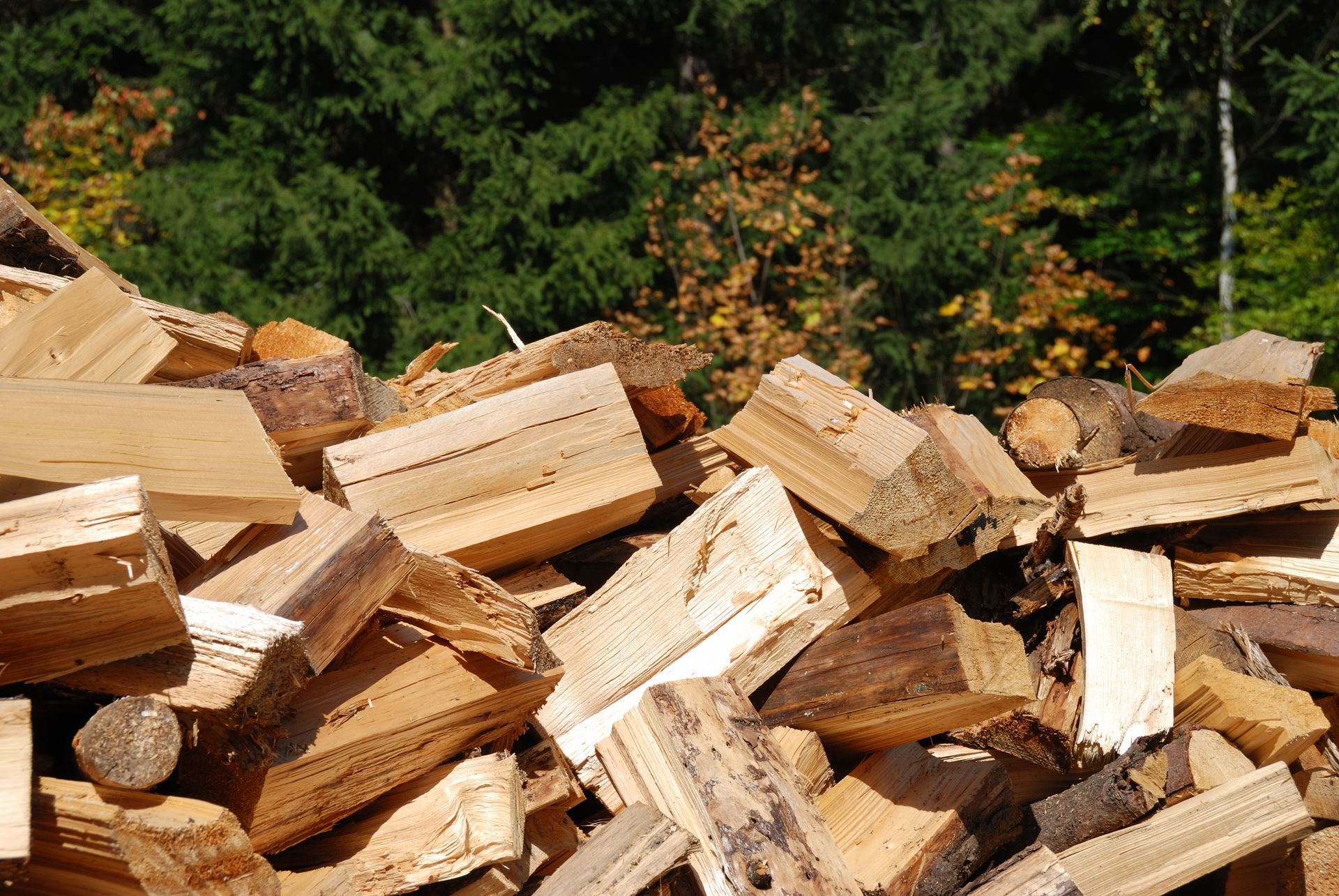
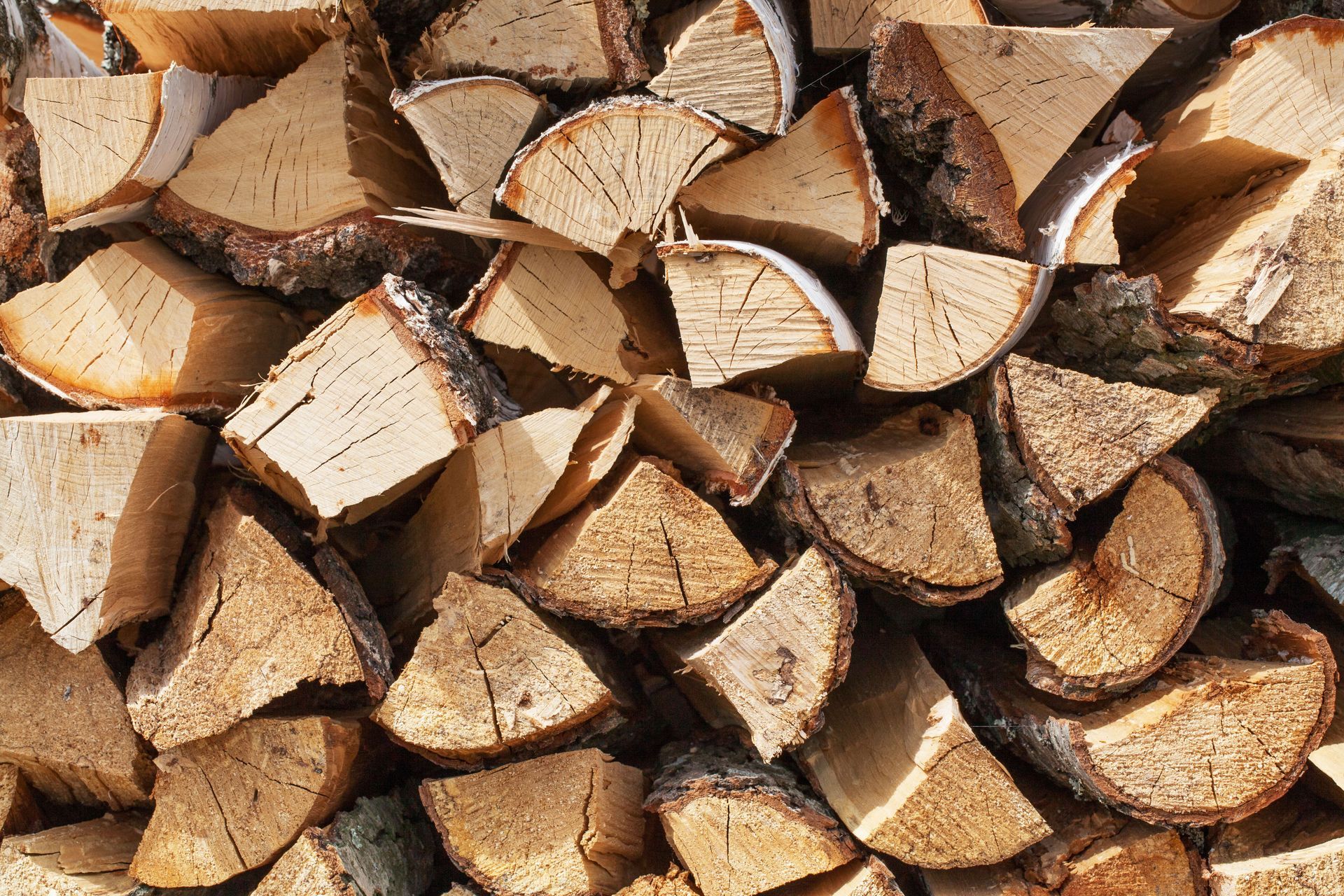
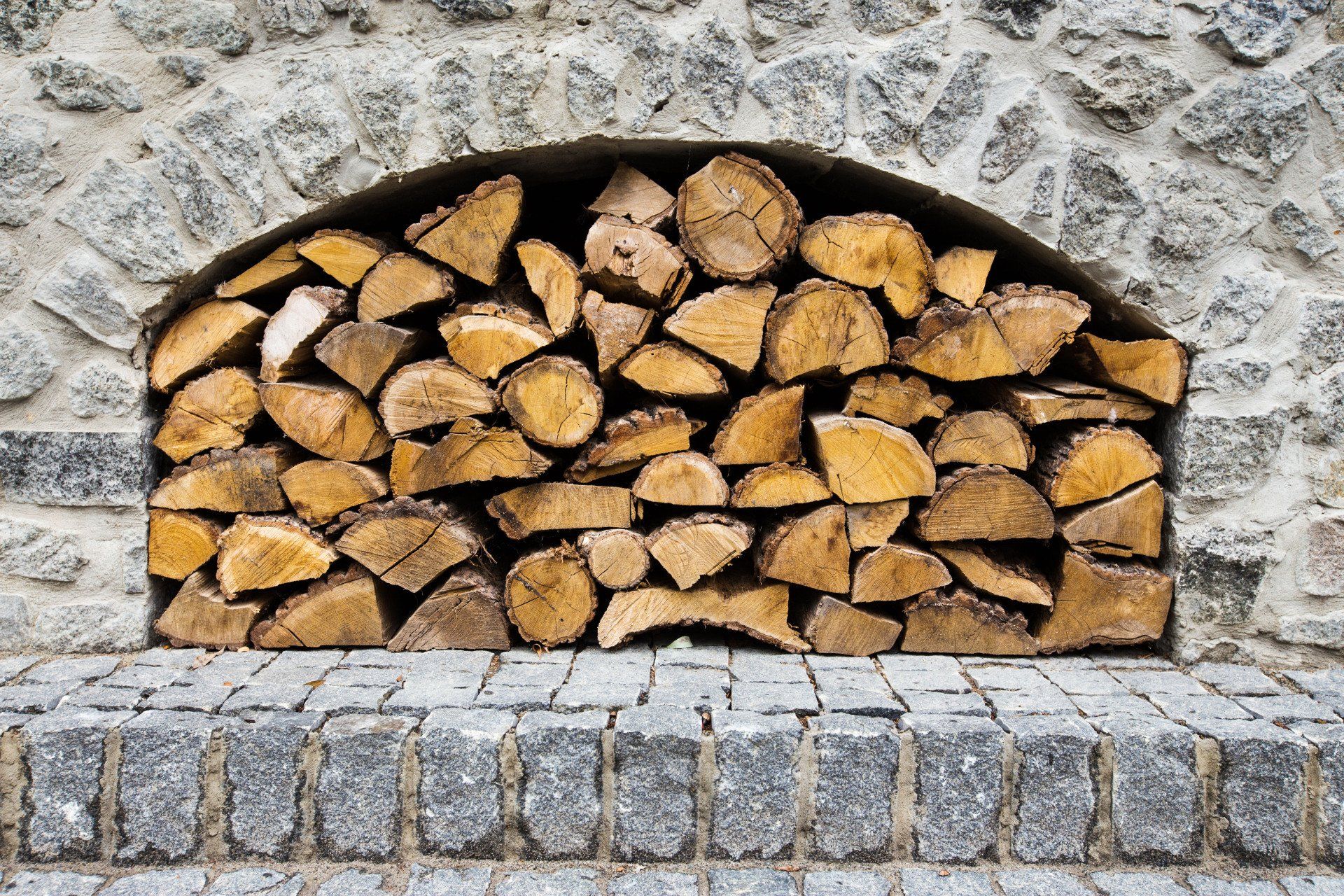
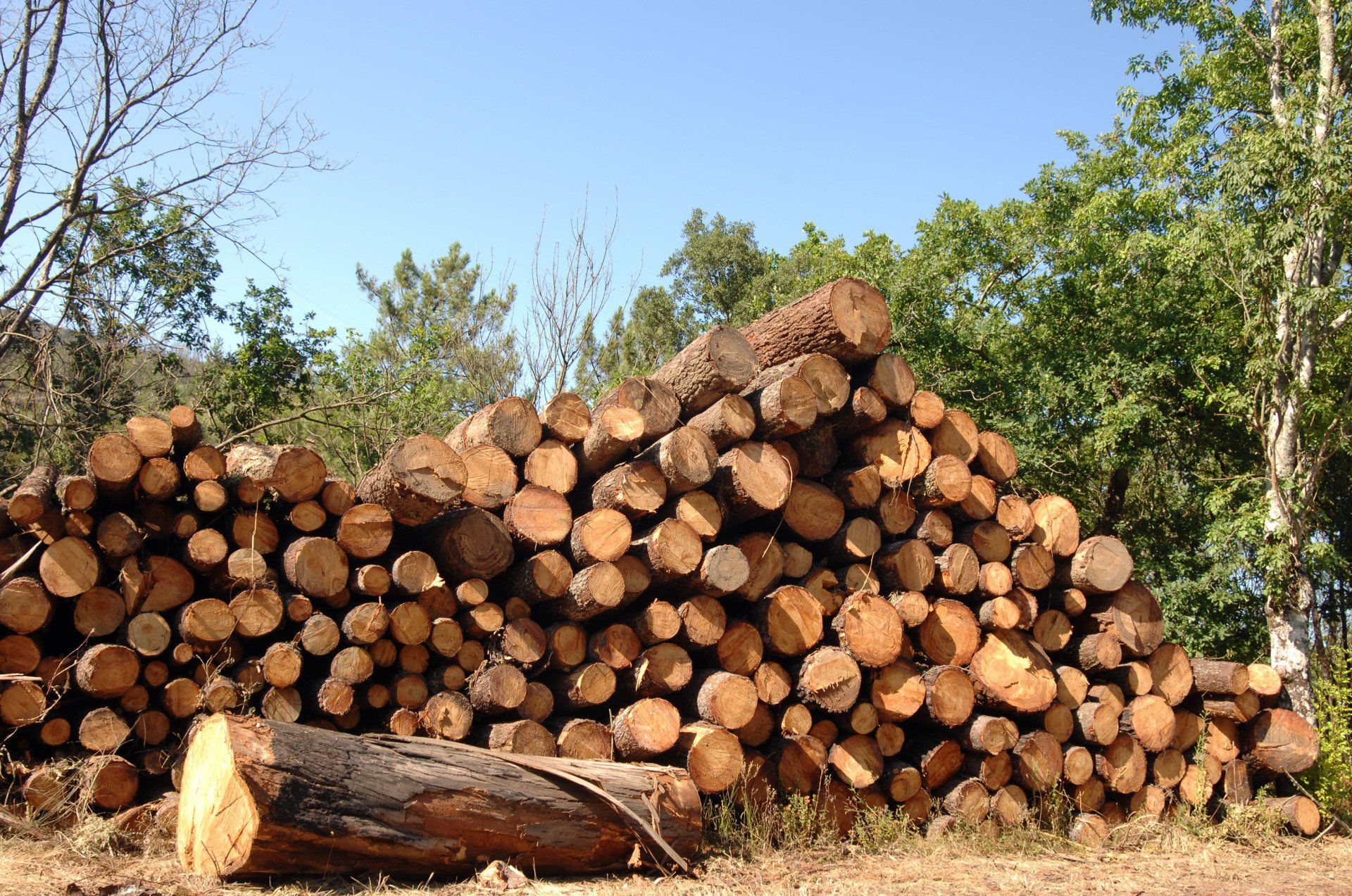
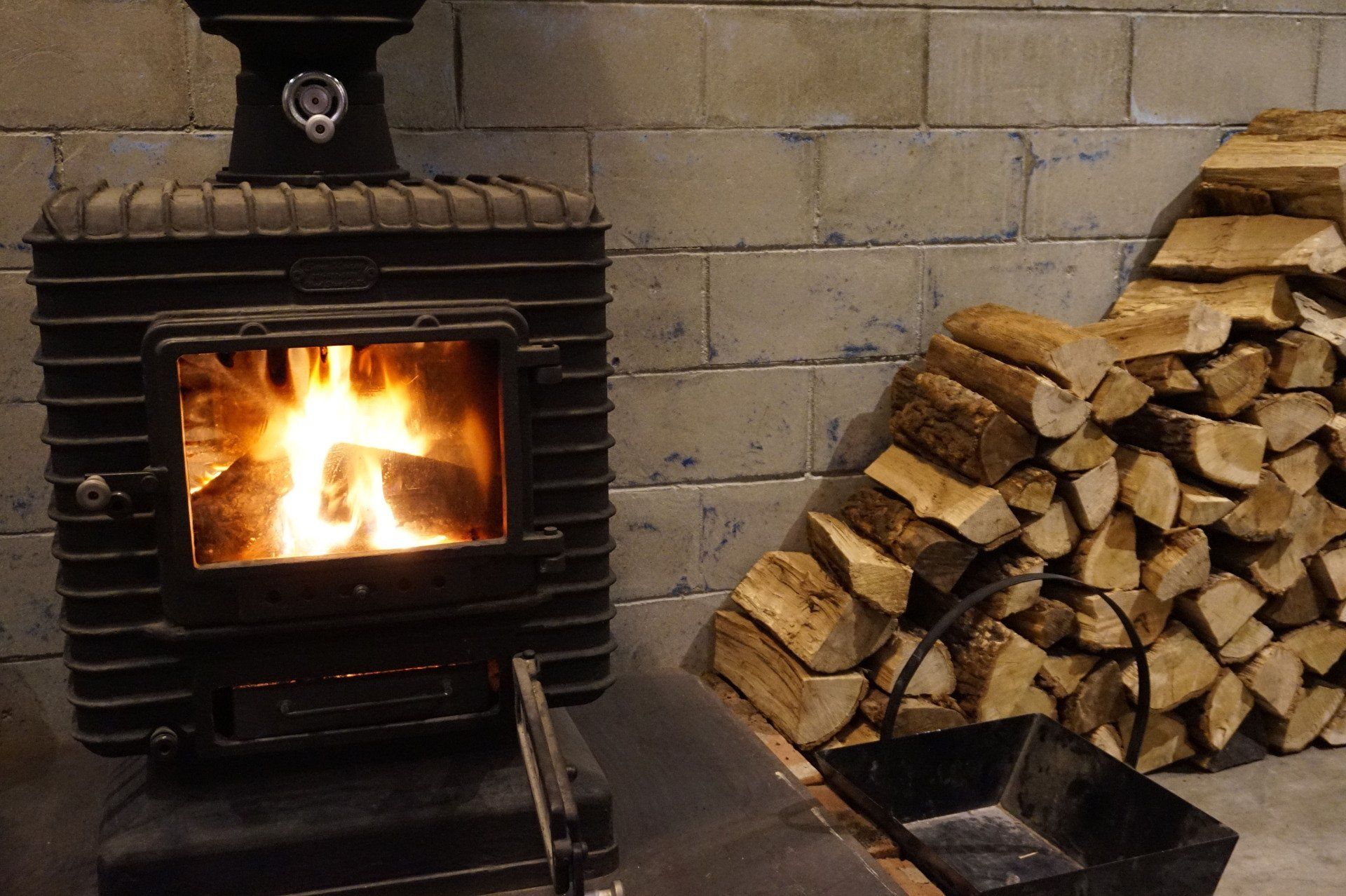
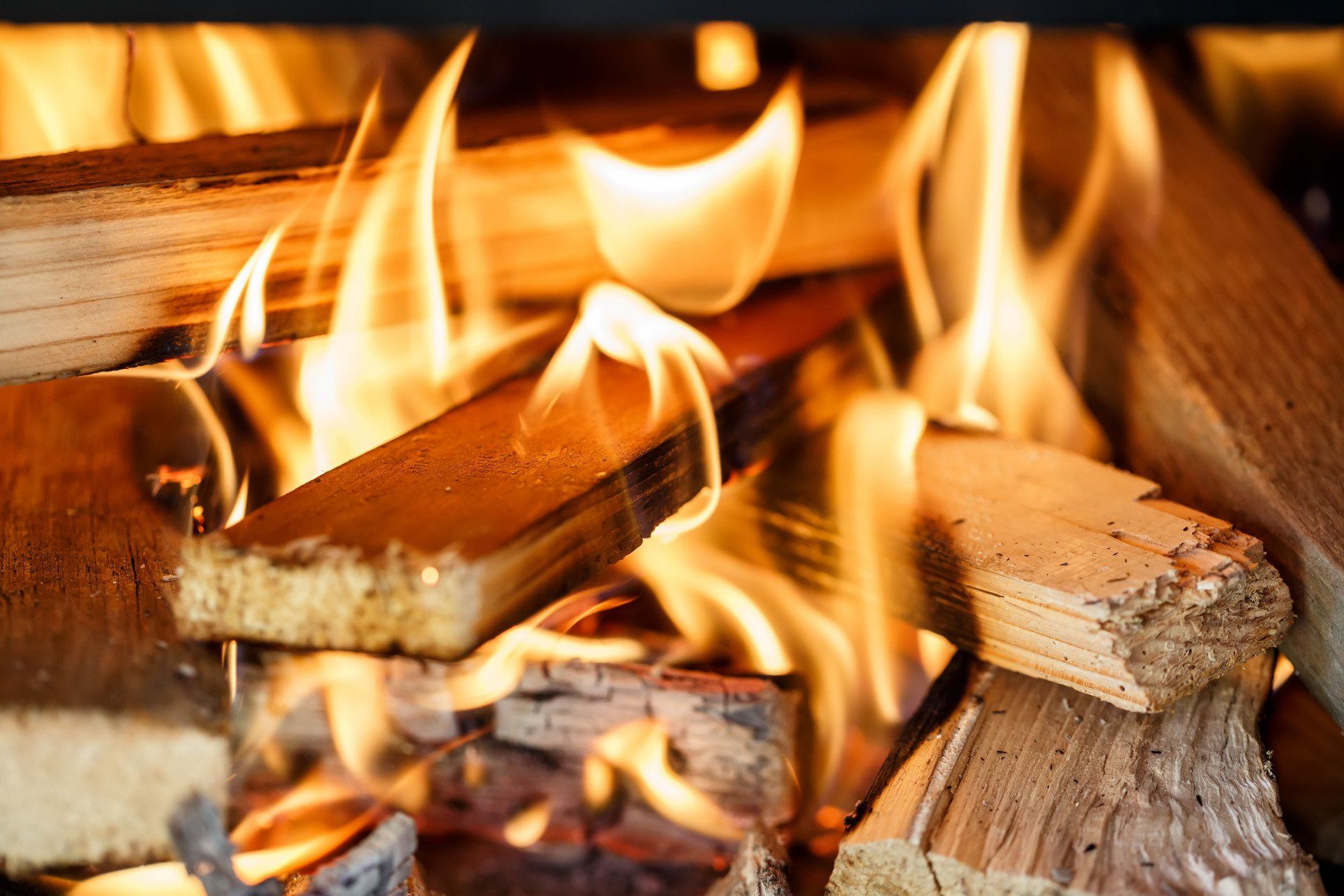
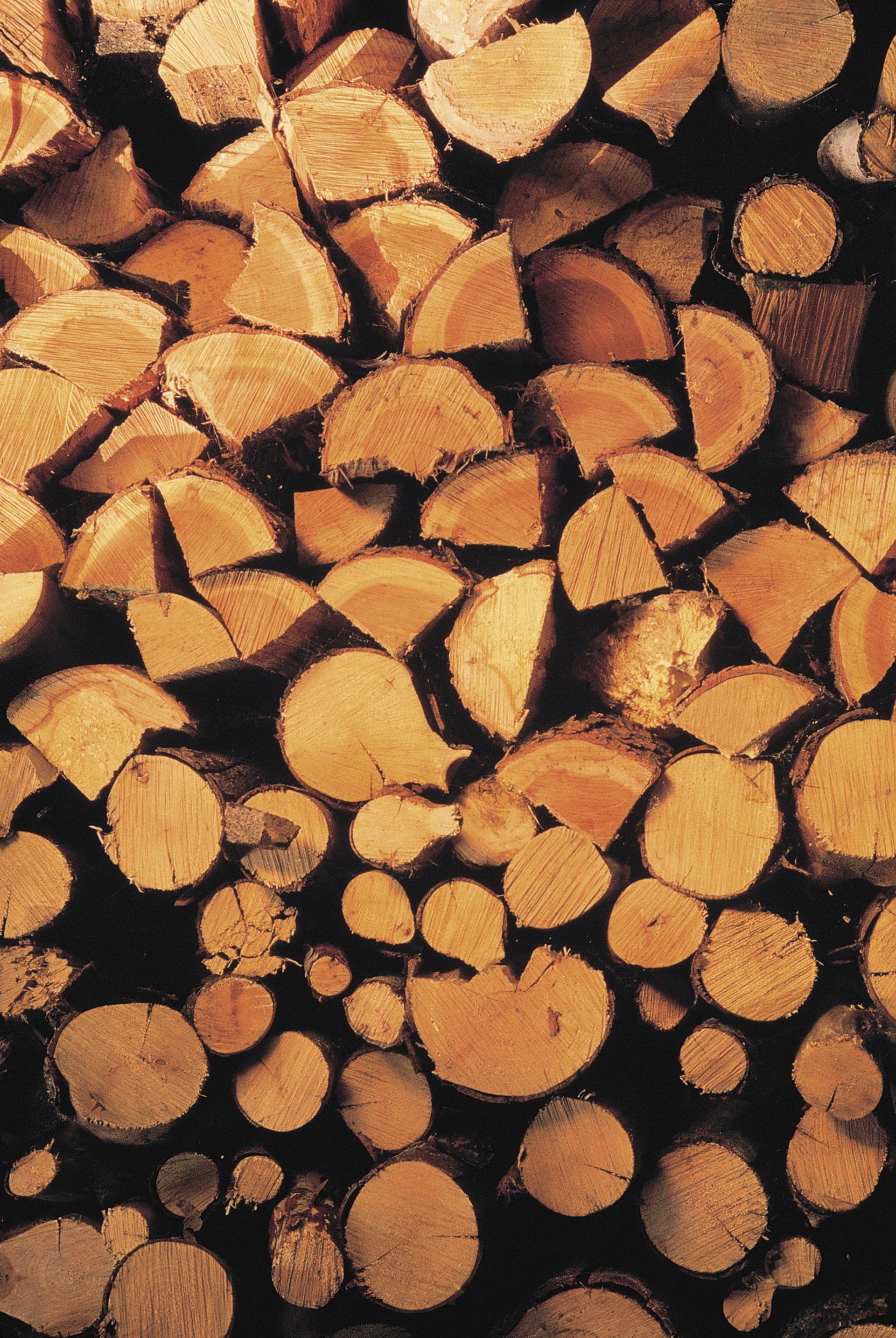
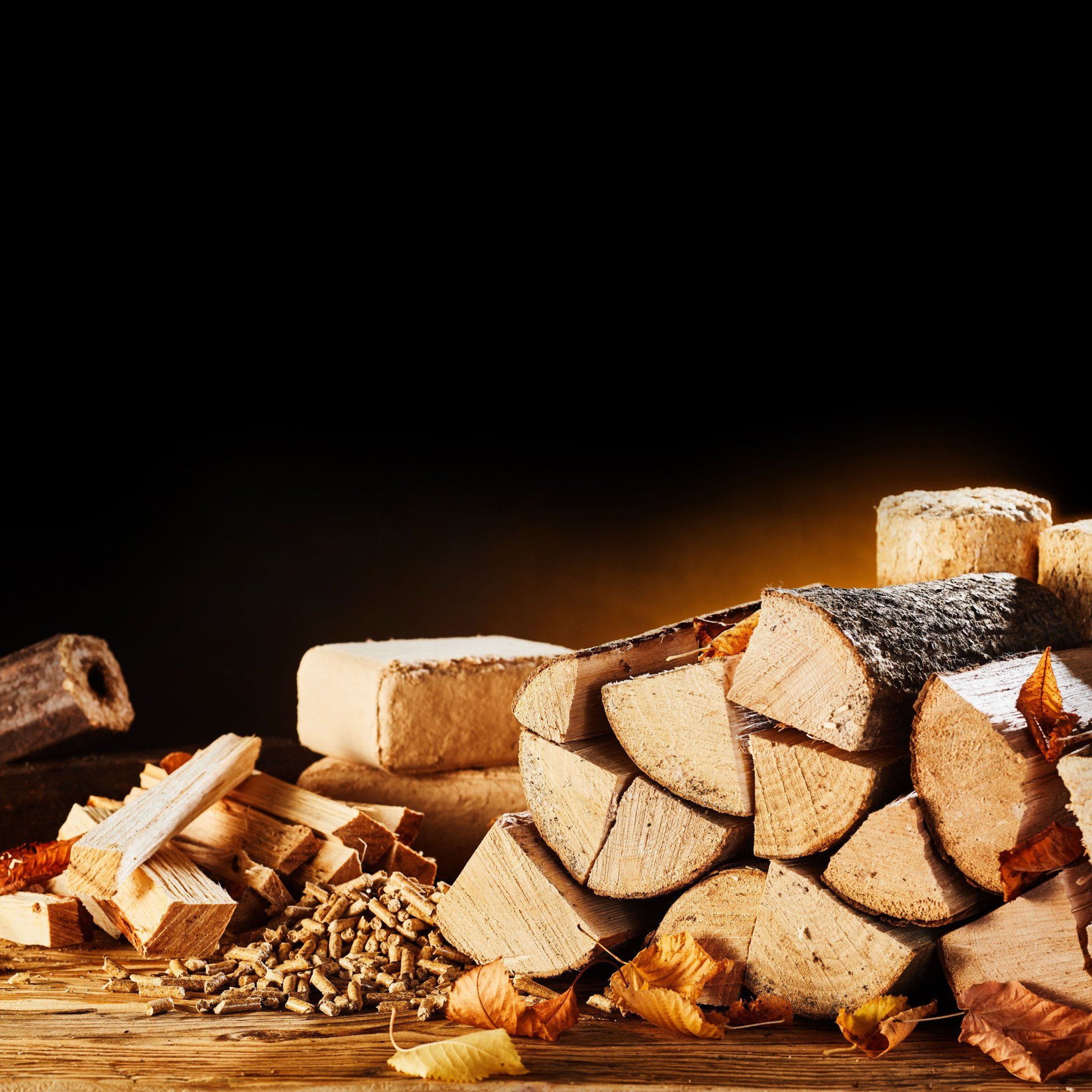
Share On: